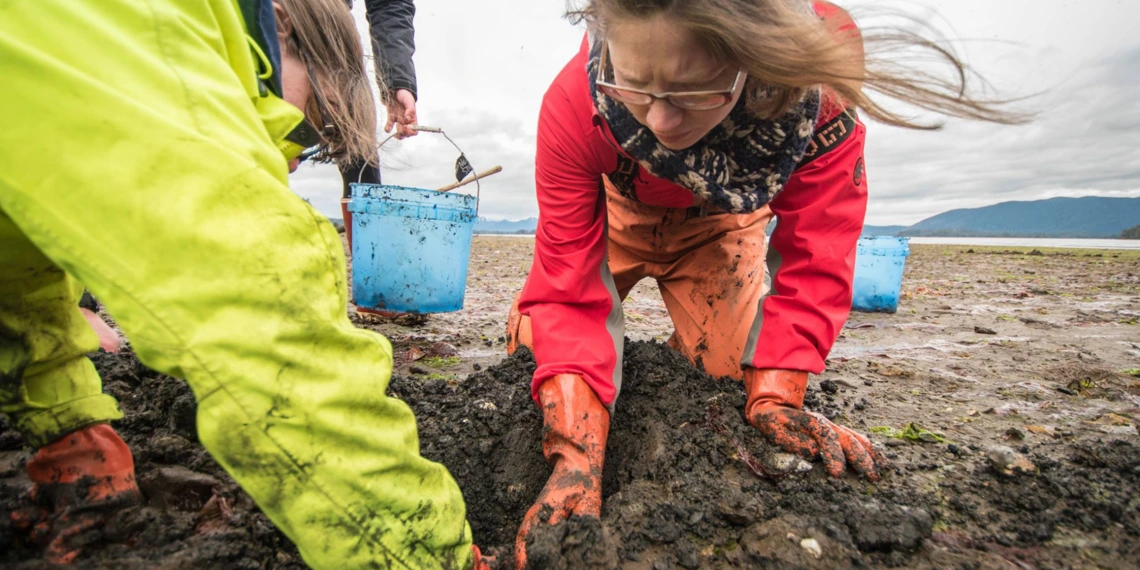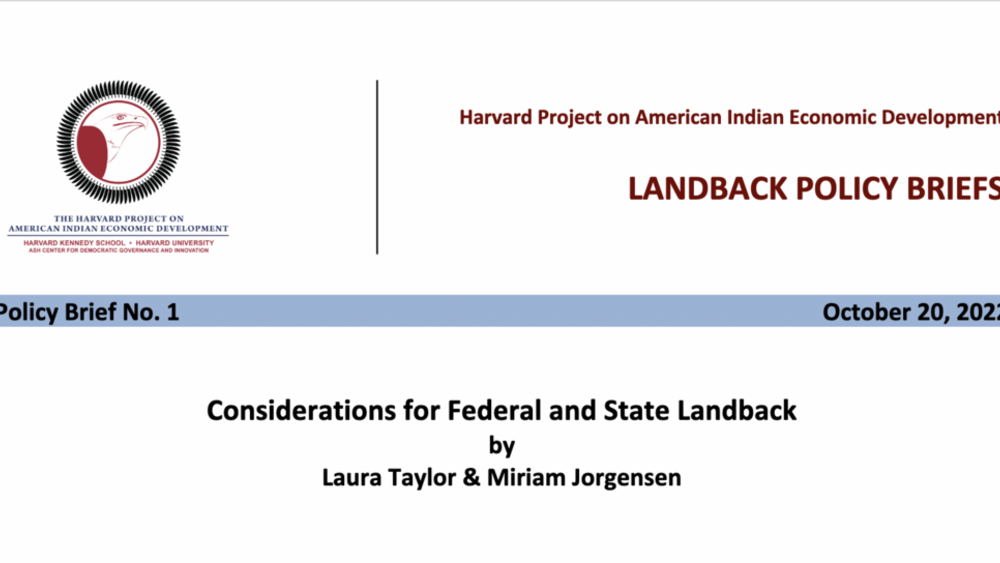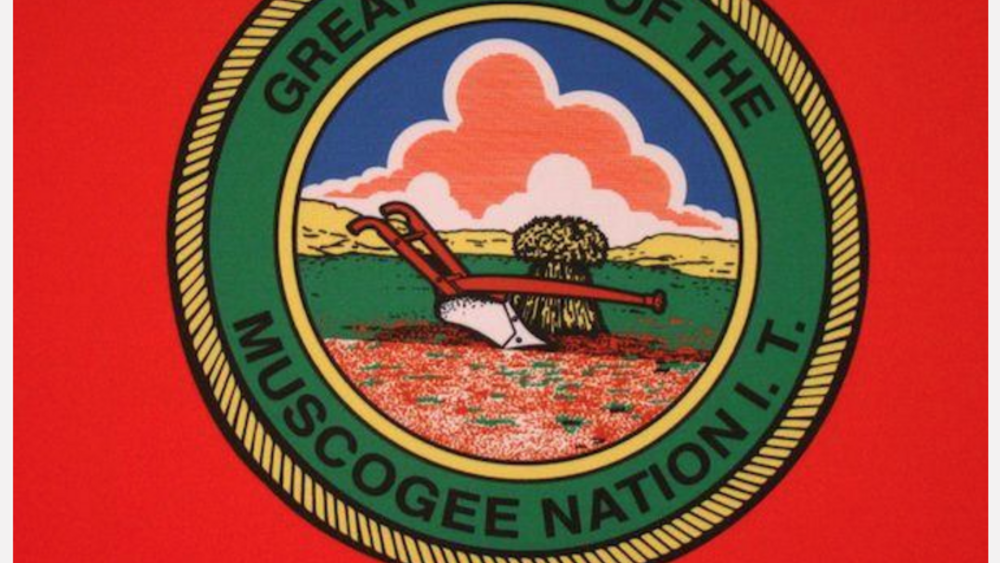The twin crises of biodiversity loss and climate change demand action. The question is how best to address these challenges. Driven by a sense of urgency, some call for conservation at any cost, a continuation of the forced separation of Indigenous people from their ancestral lands, waters, and culturally significant resources. This paper explains why seeking environmental wellbeing at the expense of Native rights is worse than a false choice. It is a trap that limits and prevents important, Indigenous-led approaches to environmental stewardship, harming Indigenous people and the environment in one fell swoop. Rather than being obstacles to progress, Indigenous people are experts in conservation, and they are achieving equal or superior outcomes in a variety of settings. For this reason and others, supporting Indigenous conservation is, along with being the right thing to do, an invaluable tool to keep the planet livable for humankind. The value of Indigenous conservation for the world is multifaceted. It includes moral, political, and cultural dimensions. But even when merely focusing on conservation objectives already embraced by Western/mainstream environmentalists, the virtue of Indigenous conservation is evident. A wealth of peer reviewed scholarship, published in academic journals, documents Indigenous conservation efforts and the results they have produced. These outcomes – curbing deforestation, increasing fish biomass, ending the decline of vulnerable species, and preventing wildfire – are goals we can all agree are worth pursuing.
Additional Information
Riley, Kawika; Britnee Nguyen; Miriam Jorgensen; Monte Mills. "Experts, not Obstacles: Indigenous Conservation Excellence and the Trap of Conservation at any Cost. Landback Policy Brief." (2025) Harvard Project on Indigenous Governance & Native Nations Institute. https://ash.harvard.edu/resources/experts-not-obstacles-indigenous-conservation-excellence-and-the-trap-of-conservation-at-any-cost/. Accessed Oct. 2, 2025.



